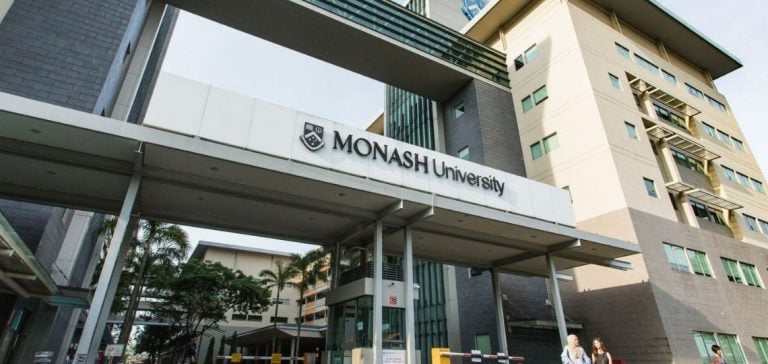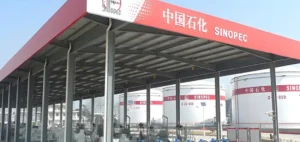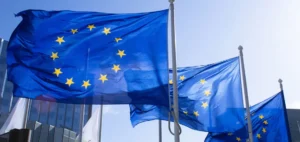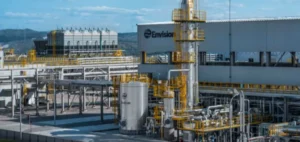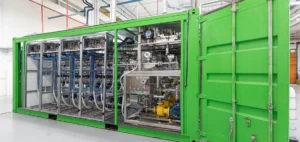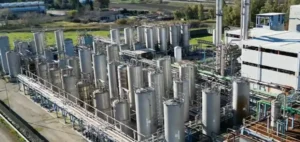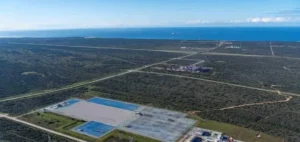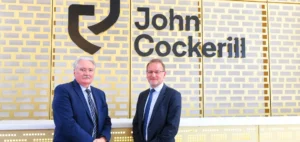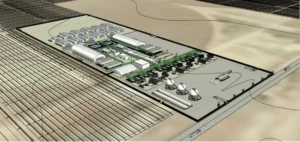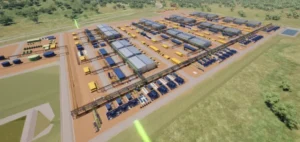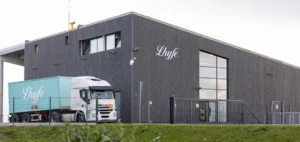PETRONAS, through its PETRONAS-Academia Collaboration Dialogue (PACD) program, has allocated RM71 million in funding to 61 researchers from 25 universities, including Monash University Malaysia.
Seven research projects have been selected, focusing on the reduction of CO2 emissions, the production of green hydrogen and the efficiency of energy systems.
These initiatives aim to develop sustainable solutions to the world’s energy needs.
The focus is on technologies such as CO2 capture, biofuels from microalgae, and artificial intelligence to optimize the management of energy systems.
Investments in these sectors respond to growing pressure on the energy industry to reduce its carbon footprint while ensuring operational efficiency.
Cutting-edge technologies for an energy transition
Among the projects funded, the one led by Prof. Ir.
Dr Chan Eng Seng focuses on the exploitation of microalgae for biofuel production.
This research aims to identify and characterize lipid derivatives from microalgae, which could eventually replace fossil fuels.
This process is part of a strategy to reduce our carbon footprint by using renewable biological resources.
Other projects focus on advanced CO2 capture and reduction systems.
Professor Chai Siang Piao, for example, is working on the development of new electro-catalysts to reduce the CO2 emitted by industries, particularly in the post-combustion phase.
This type of technology is essential for companies seeking to comply with international emission reduction standards.
Innovation for operational efficiency
A central aspect of this research is the integration of digital technologies to improve the efficiency of energy systems.
Professor Raphael Phan’s project on artificial intelligence (AI) in materials discovery aims to accelerate the development of cutting-edge energy technologies.
AI, as a lever for efficiency, offers solutions for optimizing industrial processes while reducing energy costs.
Monash University Malaysia’s research projects are also focused on green hydrogen production.
Dr Lau Ee Von is exploring the use of microalgae in CO2 capture and their potential to produce low-carbon hydrogen.
This work is part of a worldwide drive to develop hydrogen as an alternative to fossil fuels.
A model of collaboration between industry and academia
The collaboration between PETRONAS and Monash University Malaysia illustrates the importance of synergies between academia and industry in the development of innovative energy solutions.
The oil and gas industry, faced with the need to decarbonize its activities, invests in research projects capable of generating concrete results.
This type of partnership accelerates the development of technologies that can be applied on an industrial scale.
By supporting these projects, PETRONAS is demonstrating its commitment to investing in solutions that combine operational efficiency and emissions reduction.
Biofuel production, CO2 capture and the use of artificial intelligence are concrete examples of research applied to contemporary energy challenges.
Expected impact and future prospects
The projects carried out at Monash University Malaysia are not limited to technological innovations; they pave the way for a rethinking of industrial practices.
PETRONAS funding is part of a targeted innovation approach, aimed at developing disruptive technologies for a fast-changing energy sector.
Projects focusing on CO2 capture, biofuels from microalgae and green hydrogen are helping to shape a more sustainable energy landscape, in line with market requirements.
This research will not only help meet growing environmental demands, but also improve the competitiveness of energy companies by reducing their operating costs.
The integration of advanced technologies such as AI could lead to significant efficiency gains, boosting the profitability of companies that adopt these innovations.
Monash University Malaysia, with the support of PETRONAS, is positioning itself as a key player in the development of new energy technologies.
The expected results of these research projects will contribute in the long term to the evolution of industrial energy practices, particularly in sectors requiring decarbonization and operational efficiency solutions.

